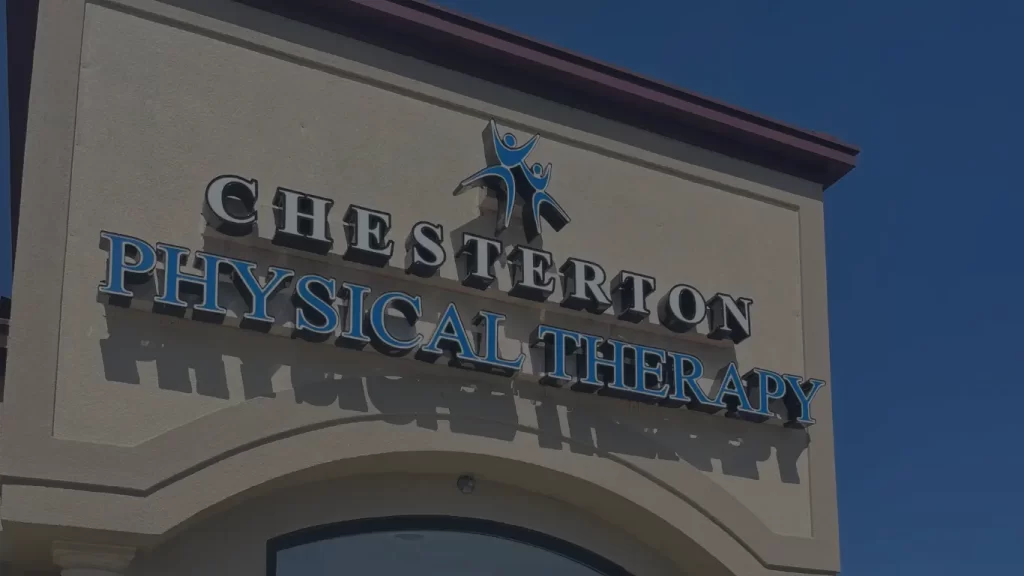Neurological Conditions
Neurological conditions affect the brain, spinal cord, and nerves and may impact movement, balance, coordination, strength, and overall functional independence.

What Are Neurological Conditions?
Neurological conditions involve dysfunction of the nervous system, which controls movement, sensation, balance, and coordination. These conditions may develop due to injury, illness, or degenerative changes and can affect a person’s ability to perform daily activities.
Common Symptoms
- Muscle weakness or paralysis
- Balance and coordination difficulties
- Changes in walking or gait
- Numbness or altered sensation
- Difficulty with fine motor skills
- Fatigue related to movement
Common Causes
- Stroke or neurological injury
- Spinal cord or nerve involvement
- Degenerative neurological conditions
- Traumatic brain injury or concussion
- Post-surgical neurological changes
- Chronic neurological disorders
How Physical Therapy Helps
Physical therapy for neurological conditions focuses on improving mobility, balance, strength, coordination, and functional independence. Treatment plans are individualized to support safe movement and enhance quality of life.
Treatments Used for Neurological Conditions
Who Treats Neurological Conditions?
Neurological conditions are commonly treated by licensed physical therapists with specialized training in neurological and movement-based rehabilitation.
Available Treatment Locations
When to Seek Care
If neurological symptoms affect balance, movement, strength, or independence, professional evaluation is recommended. Early intervention may help improve function and safety.






